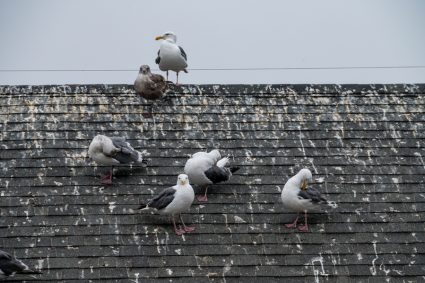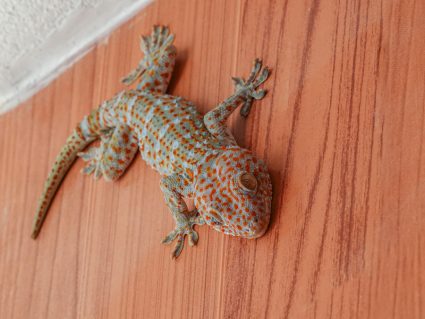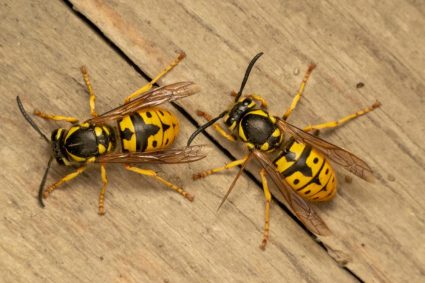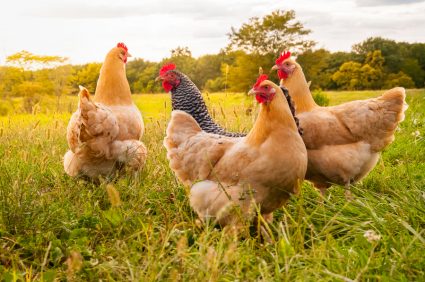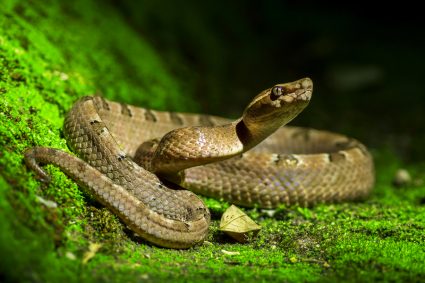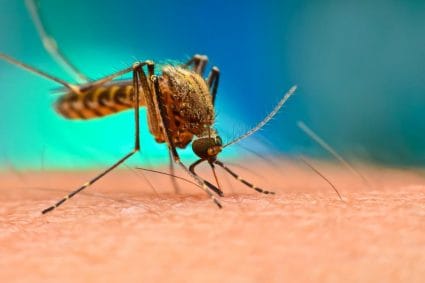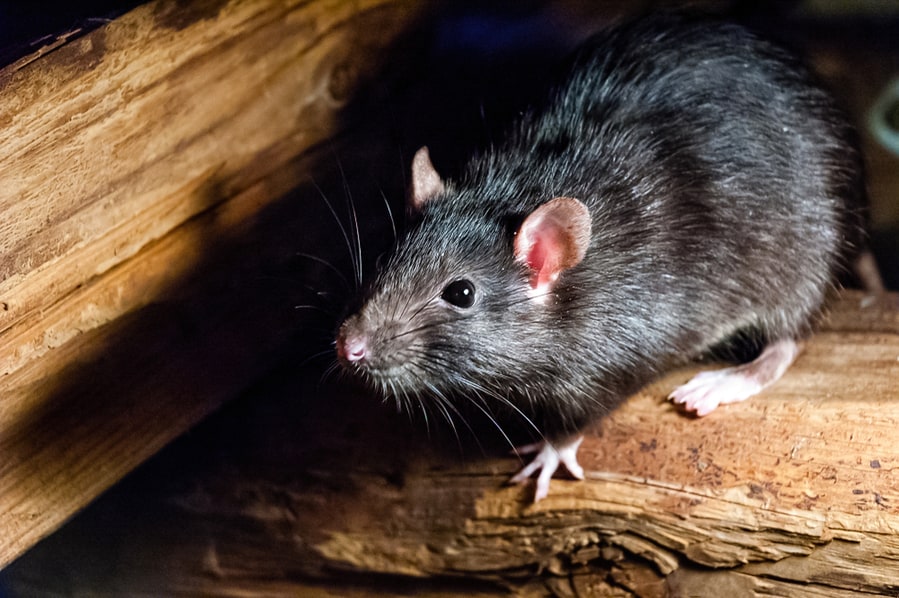
You think you have cleaned every corner of your home until you check its crawl space. That’s when you see various pests lounging and enjoying the space they found where they can live and thrive.
For people unaware of what crawl spaces are, they serve as your home’s solid foundation underneath. Thanks to crawl spaces, you have reliable protection against harsh weather conditions.
And if you neglect this area, it can become a room where pests and wild animals can live.
Not doing anything about animals in your crawl spaces can lead to major problems and damage in the future. And not seeing or hearing these animals does not necessarily mean they are not there.
Animals in your crawl spaces can range from tiny pests like termites and insects to furry mammals, including rodents and chipmunks. And to help you solve this problem, this guide reveals details about the following:
- Why do animals love living in your crawl spaces?
- The damage these animals can cause!
- How can you tell whether there are animals underneath?
- What can you do to keep them out?
Crawl spaces can serve as secret pathways for various pests and animals to reach your home’s electrical wirings, water pipes, air ducts, and HVAC systems.
In this guide, discover ways to combat these animals and keep your home safe and sound.
Why Animals Love Living in Crawl Spaces
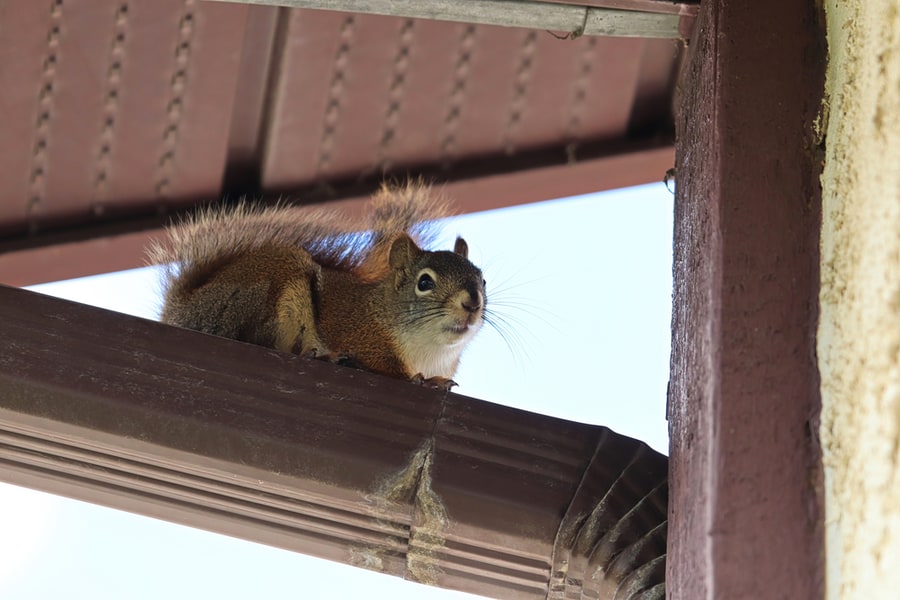
It may sound surprising, but wild animals find it comfortable living in your crawl spaces. This is because these areas can serve as their shelter when they need protection from harsh temperature conditions or sudden seasonal changes.
Moreover, smaller animals and pests love hiding from predators in the crawl spaces because the dark environment makes them feel safer and secure.
But while wild animals enjoy several benefits, you’re looking at a bunch of negative effects and damage if you let them continue living in your crawl spaces.
You must stop their invasion immediately to prevent them from ruining your lives. Because crawl spaces are bigger areas than any holes, cracks, or leaks at home, you can look at the following animals that could possibly live:
- Rats
- Raccoons
- Armadillos
- Squirrels
- Skunks
Negative Effects of Animals Living in Crawl Spaces
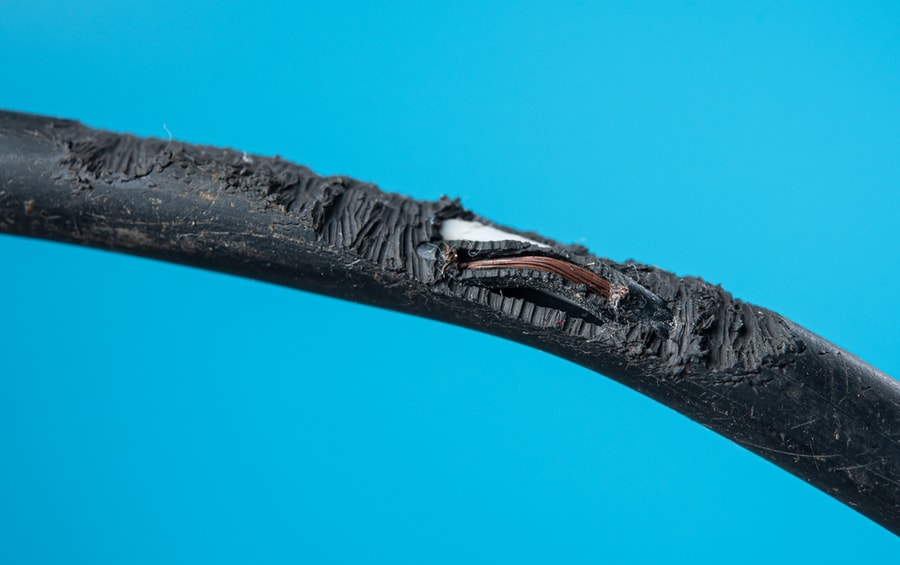
Aside from serving as protection for your home during harsh weather conditions, crawl spaces also serve as support systems for your home’s floor joists, vents, beams, and more.
So, when animals are alive in those areas, you grant them access to these parts of your property’s foundation. Some of the common damage brought by animals living in crawl spaces include the following:
- Damage to plumbing.
- Bitten HVAC ducts.
- Holes burrowed by animals in your yard.
- Gnawed and chewed wood, especially at the support beams.
- Torn wires and insulation.
Additionally, there are also instances when animals die in your crawl spaces or inside the walls. When this happens, their dead bodies can be unpleasant, and the odor can spread throughout your residence.
And because the crawl space is a dead and dark area, it can be challenging to identify where the bad odor is coming from.
There are also wild animals known to spread harmful diseases to humans and even pets.
Signs of Animals Living in Crawl Space
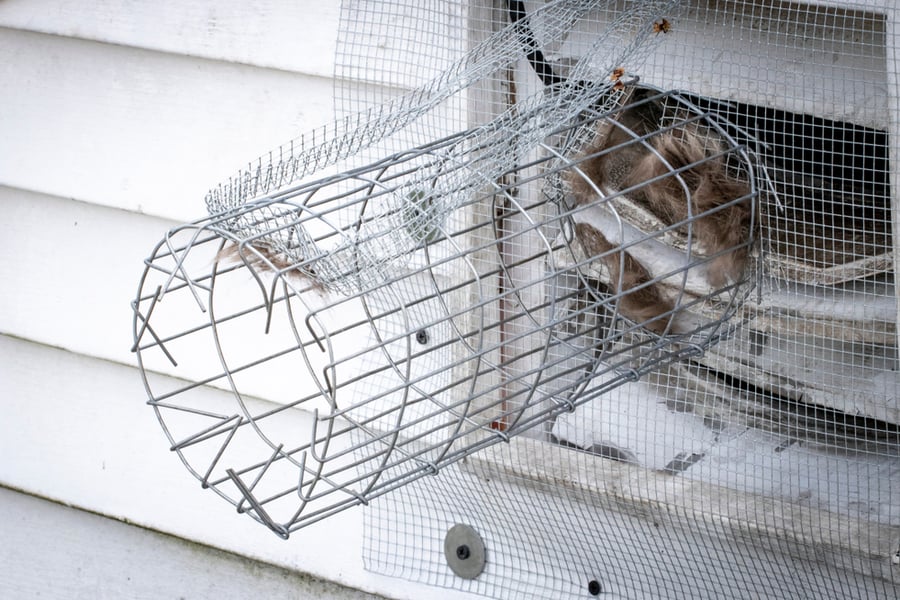
We have mentioned that finding animals in your crawl space is not the easiest thing to do, especially when they know where to hide and seek shelter in a dark environment.
But if you’re willing to search for potential animals, here are possible signs to look out for:
1. Sounds
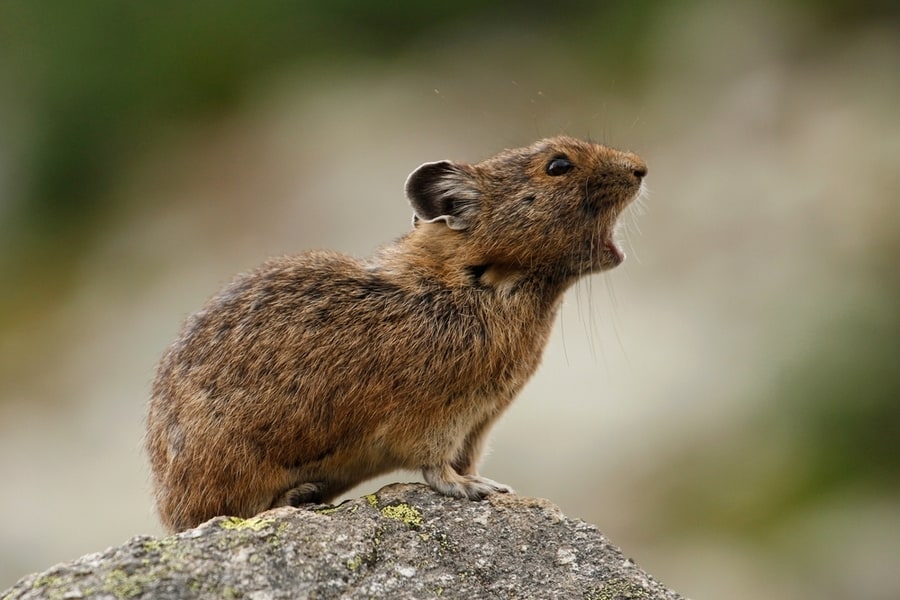
If you hear unwanted noises from your floors, there might be a possibility an animal is hiding under your house.
Various animals can make different noises, but the most common signs include bumping, scurrying, or squeaking.
2. Smells

Unpleasant odors can come from your crawl space, especially when you suspect an animal has died.
Aside from decayed bodies, you can also smell carcasses and animal waste beginning to accumulate and rot.
Skunks can also emit their bad odors while living in your crawl space.
And even though they are just underneath your home, it’s likely for the smell to go up and spread through the entire house.
4 Ways To Keep Animals Out of Crawl Space
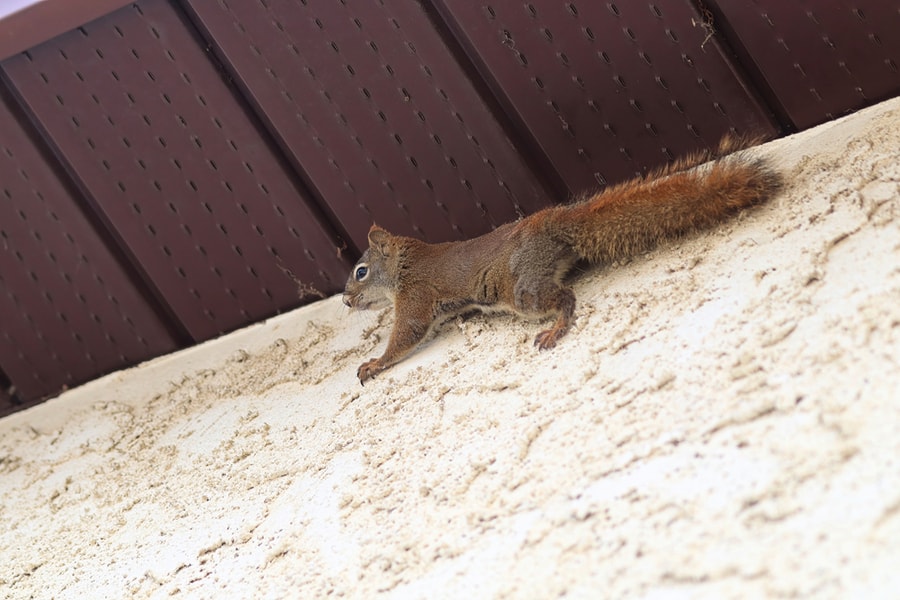
You must be proactive once you suspect animals living in your crawl spaces.
It’s important to seek preventive measures right away before the animals can cause irreversible damage to your home’s solid foundation.
The following are some of the best measures you can take action to prevent further invasion of wild animals in your crawl spaces:
1. Block Off All Potential Entry Points
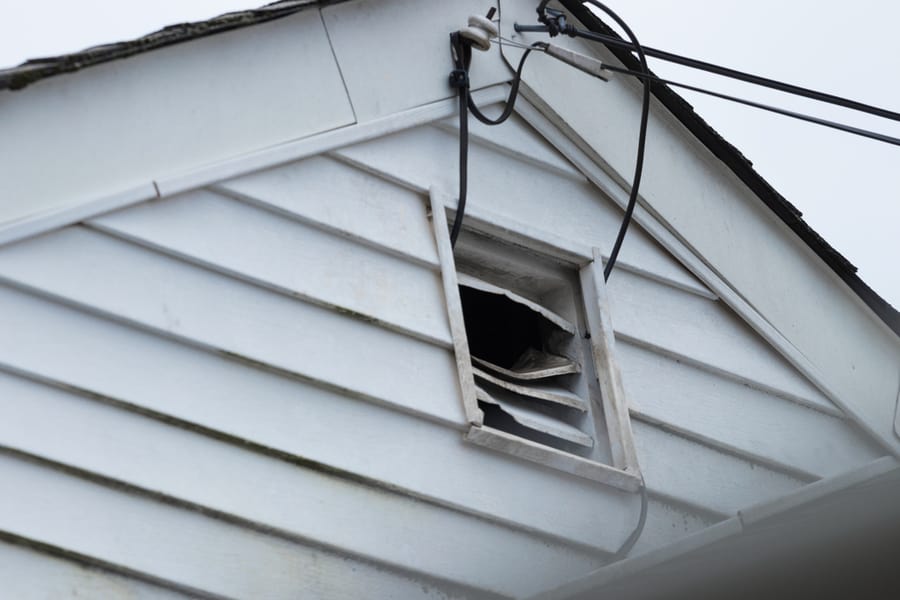
Even though animals cannot speak like us, they are smart enough to look for potential openings that can help them gain access to your crawl space.
Keeping animals out of your crawl space means blocking all potential exit and entry points. These openings can be anywhere between holes, unsealed spaces, and cracks.
But before sealing these off, you must ensure there are no animals inside. When animals are trapped inside your crawl space after closing all entry points, they can damage your home’s foundation.
Or worse, these animals can die and make your house smell rotten.
2. Keep Moisture Out
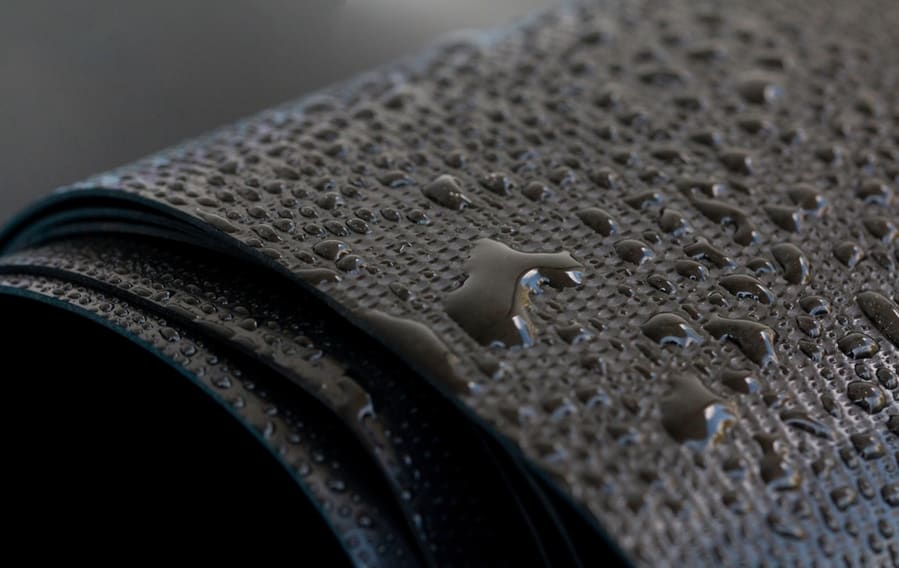
Wildlife animals love anything moist, so they prefer living in your crawl space.
This damp environment provides them with the temperature and shelter they need to nest and survive.
You can install plastic or rubber vapor barriers between the crawlspace and the ground. This protects your home from the possible invasion of wild animals.
It’s also possible to lay concrete footing and floor to help create a barrier and keep the animals out. This will also ensure your crawl space is free of moisture.
3. Install Fences
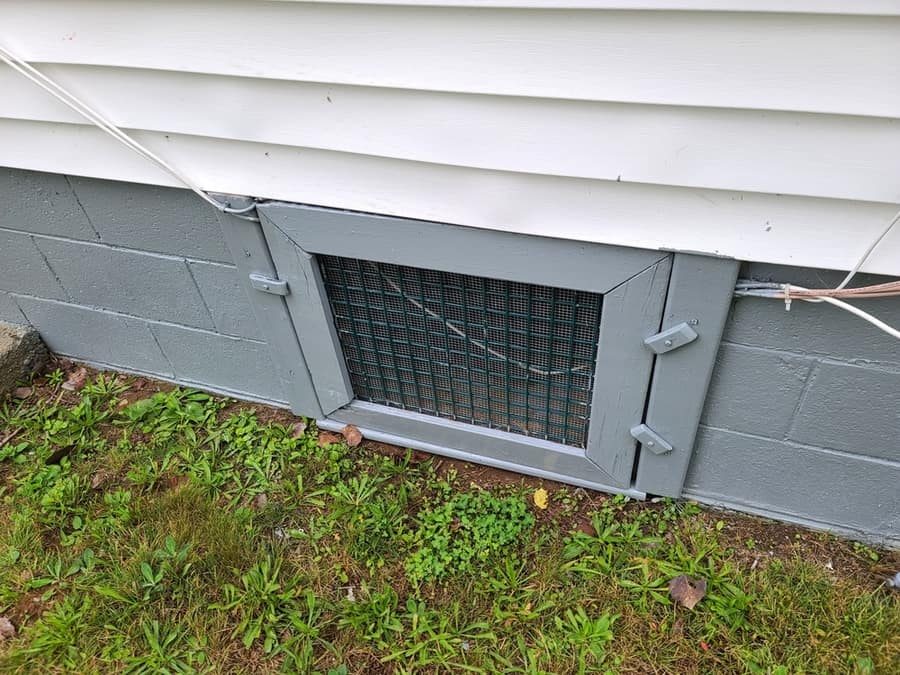
Installing fences can also prevent animals from burrowing and entering your crawl spaces.
But the fences should go deep (at least 12 to 18 inches) into the ground. This will give the animals a harder time digging through the soil and reaching your crawl space.
4. Always Maintain Your Property
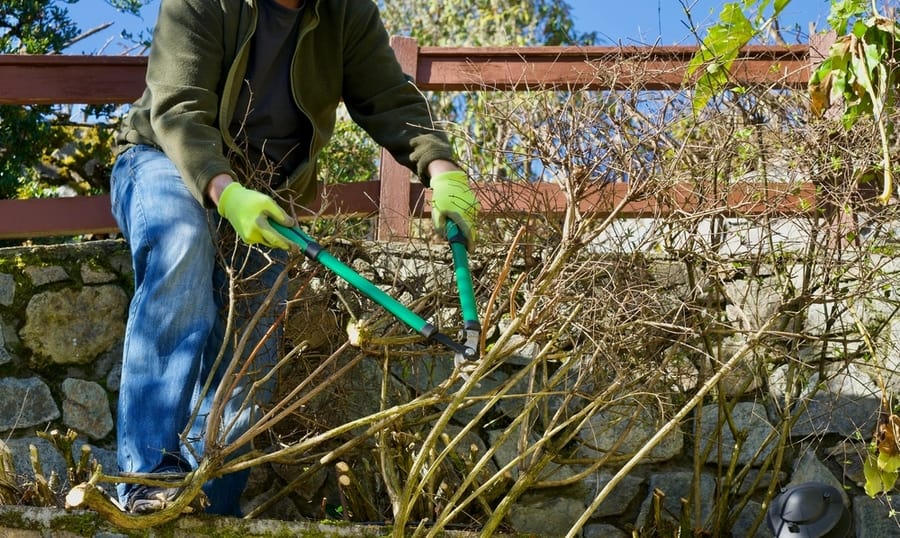
Maintaining your property does not only keep animals out of your crawl spaces; it also ensures the foundations of your property are well-protected and thoroughly cleaned.
If you leave overgrown landscapes unmaintained, they can prevent you from seeing potential entry points animals can use.
That is why cutting your lawn regularly and organizing your flower beds, and bushes can help you locate the openings and seal them.
Protect Your Crawl Space From Animal Invasion
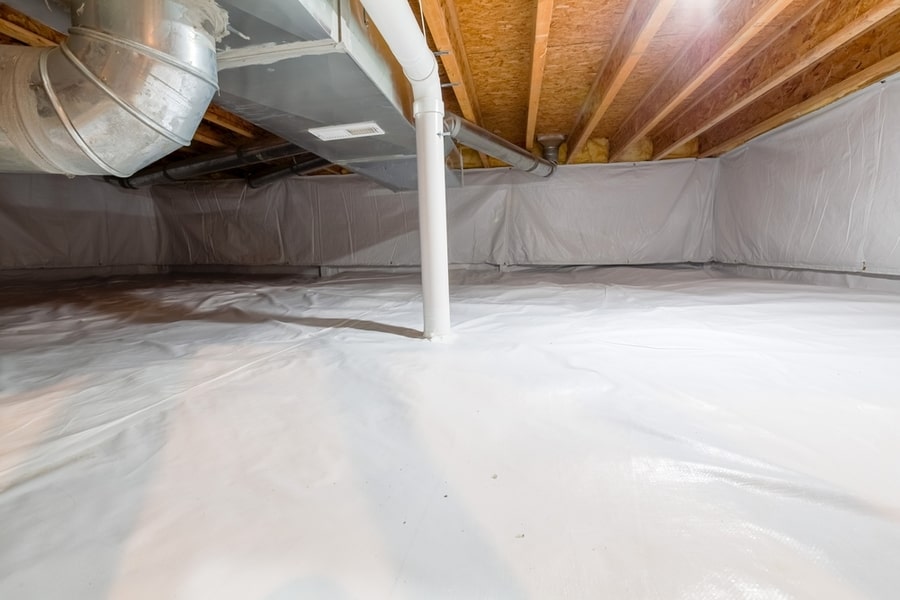
We all know wild animals love living in dark areas because they can use space to hide and find shelter.
If you don’t regularly inspect your crawl spaces, they will likely occupy these areas and cause much damage to your home.
The next time you suspect an animal invasion happening in your crawl space, seal off all potential entry and exit pathways and keep your crawl space dry.
Fences can also help prevent animals from burrowing, while regularly maintaining your property ensures you can see all openings you should seal.
Frequently Asked Questions
Can Traps Work in Keeping Animals Out of Crawl Spaces?
Depending on the type of trap you use, it should work. But remember that it’s not only tiny pests you’re up against.
Bigger wild animals like raccoons, skunks, and rodents can also potentially live in your crawl space. Consider the animals’ sizes when looking for traps.
Why Should I Remove Rocks and Debris in My Home’s Crawl Space?
Rocks and debris are hiding spots for most bigger pests, like rodents and raccoons. But aside from hiding, rodents can also use these spots to nest and breed.
And because rodents multiply fast, you can be looking at a possible rodent infestation in no time without taking preventive measures right away.

